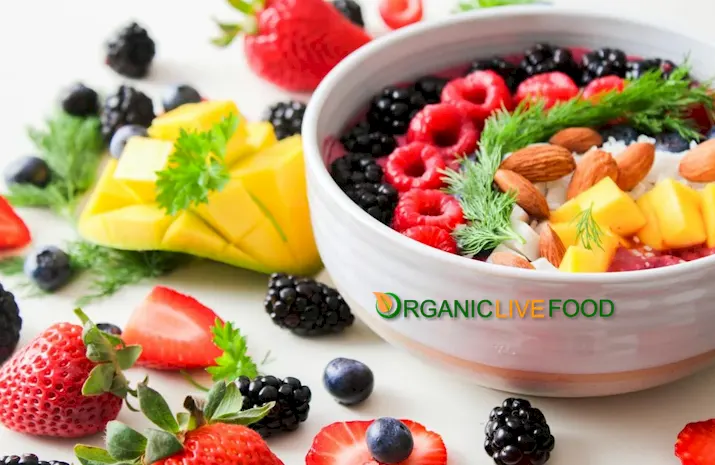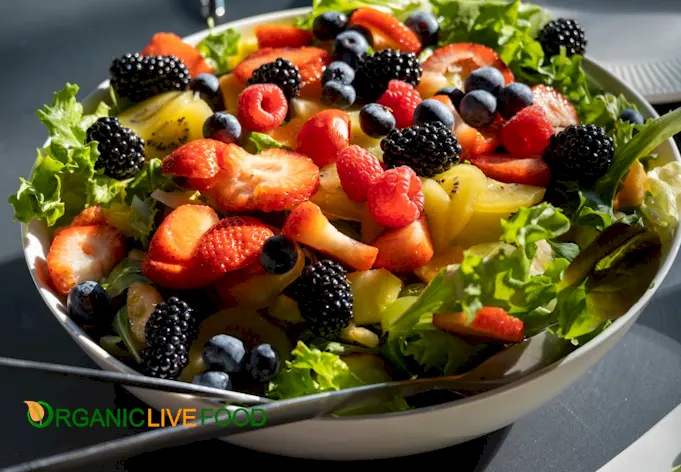What is the best diet for weight loss?
- Posted/Updated: March 3rd, 2026
Sooner or later, almost every individuals asks the question: what is the best diet for weight loss? Actually, the answer is that it is NOT a type of a diet, but rather the compound effect of diet, exercise, hydration, and sleep that work best together for maximum effect of weight loss.
The compound effect of diet, exercise, hydration, and sleep working together synergistically is paramount for maximizing the effectiveness of weight loss efforts.
A balanced diet fuels the body with essential nutrients while supporting energy levels for exercise.
Regular physical activity helps burn calories, build muscle, and improve metabolism, further enhancing weight loss.
Adequate hydration ensures proper bodily functions, aids digestion, and regulates appetite. Quality sleep is crucial for hormone balance, including those related to appetite and metabolism.
When these factors align, they create a powerful cycle of positive habits, amplifying weight loss results over time and fostering overall health, relaxation, vitality, and well-being.

Some individuals often feel they continuously fail with their diet plans due to a variety of reasons, including unrealistic expectations, unsustainable approaches, and lack of support or guidance.
Many embark on restrictive diets or extreme measures that are difficult to maintain long-term, leading to feelings of deprivation and frustration when results don't meet expectations.
Additionally, a lack of understanding about nutrition or proper goal setting may contribute to setbacks.
Social and environmental factors, such as stress, emotional eating triggers, and availability of unhealthy foods, can also sabotage efforts.
Without a comprehensive understanding of individual needs and behaviors, along with realistic goal setting and sustainable lifestyle changes, maintaining a diet plan can feel like an uphill battle for some.

What is the best diet and exercise for weight loss?
When it comes to best diet for weight loss, there’s no one-size-fits-all answer.
According to research by geneticist Tim Spector and many other health and fitness research professionals, our response to food is highly individualized. Consequently, there is no such thing as a universally healthy diet that works perfect, in one-particular way, for everybody.
People react to food in unique ways, making personalized nutrition plans essential.
This understanding has led to the emergence of “precision nutrition,” where tailored dietary advice is provided based on an individual’s specific needs and genetic makeup.

- Is Diet or Exercise More Important for Weight Loss?
- Achieving weight loss involves a combination of both diet and exercise. While exercise helps burn calories (Cardiovascular Exercise) and build muscle (Strength Training), a healthy diet plays a crucial role in weight management. Focus on a balanced approach that includes nutritious eating and regular physical activity.
- Cardiovascular exercise for burning calories is a high-intensity interval training whihc refers to alternating between intense bursts of activity and short rest periods, like running, cyclings, or rowing. Strength training for building muscle is about using free weights or machines to perform exercises targeting major muscle groups, for instance resistenc training or compound movement training.
- How Often Should I Eat to Lose Weight?
- The frequency of meals matters less than the overall quality and quantity of what you eat. Some people find success with three main meals and snacks in between, while others prefer intermittent fasting. Listen to your body and choose an eating pattern that suits you, or consult a nutritionist or fitness trainer for what may be best for you.
- One simple strategy that seems to help most people is eating dinner early, at least four hours before bedtime, say around 5pm and not eating anything else until the next morning (you can drink water, that's not a problem). This helps prevent late-night snacking and allows for better digestion and restful sleep. Going to bed on a full stomach can interfere with sleep quality and hormonal balance, AND aligns with your body’s internal clock.
- Can I Drink Alcohol, Soda, Sweet Tea, or Juice and Still Lose Weight?
- Different people have different body types and we all have different metabolism depending on our age and physical condition. Sodas and alchohol are particularly bad for weight loss. Most store juices (pre-made in a container) are filed with sugar and sitting on the shelf for days makes almost certain that it has very little vitamins and nutrients to benefit from.
- Moderation is key. While it’s possible to include these beverages occasionally, they often provide empty calories. Instead try drinking water, herbal teas, or low-calorie options to stay hydrated and support your weight loss goals.
- How Many Calories Do I Need to Lose Weight?
- The number of calories required for weight loss varies based on factors like age, gender, activity level, and metabolism. Consult a dietitian or use online calculators to determine your personalized calorie needs. It always helps to consult with a fitness trainer or a knowledgeable specialist on diet and weight loss regarding specific plans for an individual.
- What Type of Exercise is Best for Weight Loss?
- A mix of cardiovascular exercises (like fast walking, slow running, or cycling) and strength training (such as light weightlifting) is effective for weight loss. Find activities you enjoy to stay motivated and consistent. Consistency is key.
- How Much Water Should I Drink to Maximize Weight Loss?
- Staying hydrated is essential. Get to know your own body and what works best for you, however, most nutritionists suggest at least 8 cups (64 ounces) of water per day. Drinking water can also help control hunger and prevent overeating.
- Water plays a crucial role in weight loss due to its ability to support various bodily functions essential for metabolism and fat breakdown. Adequate hydration supports efficient digestion and nutrient absorption, optimizing the body's ability to utilize nutrients for energy and muscle repair.
- How Do I Control My Hunger to Avoid Bingeing on High-Calorie Foods?
- Prioritize filling, nutrient-dense foods like fruits, vegetables, whole grains, and lean proteins. Eating smaller, frequent meals can also help manage hunger and prevent overindulgence.
- Mindful eating is a technique that focuses on the attention to each mouthful. Savor your food, chew slowly, and be present during meals. Mindful eating helps you recognize when you’re full and prevents overeating.
- I Want to Include Dairy in My Diet, But I Have a Hard Time Tolerating It. Is There Anything I Can Do?
- If you’re lactose intolerant, consider lactose-free dairy alternatives like almond milk, which is healthy and nutritious. It provides essential nutrients without causing discomfort.
- Almond milk is relatively low in calories compared to dairy milk or other plant-based alternatives. It contains magnesium, which is essential for muscle function, blood sugar control, blood pressure regulation, and overall health, and a good source of vitamin E, which supports the immune system and blood vessels.
- How Do I Know When I Need to Change My Weight Loss Plan?
- Consider adjusting your plan if you’ve reached your goal weight and want to maintain it, if the prescribed food amounts feel too much or too little, or if you need to modify specific foods in your eating plan. Consulting a professional dietician and/or a fitness expert can help.
- I Am Working Out and Eating Healthfully, But My Weight Won’t Go Down. What Should I Do? What Am I Doing Wrong?
- Consult a knowledgeable dietician or nutritionist. Reevaluate your eating habits, increase physical activity, and consider adjusting your calorie intake. Consult a fitness professional to troubleshoot fitness routine and stay motivated.
- Remember, there’s no one-size-fits-all solution. Experiment with different approaches, and find what works best for you. Be patient with yourself. Sustainable weight loss takes time and persistence!

The most effective weight loss strategy involves a holistic approach that integrates the compound effects of diet, exercise, hydration, and quality sleep.
A balanced diet consisting of whole foods, lean proteins, healthy fats, and plenty of fruits and vegetables fuels the body for exercise and supports optimal metabolism.
Regular physical activity, incorporating both cardiovascular exercise and strength training, helps burn calories, build muscle, and improve overall fitness.
A very important aspect of a successful diet plan for weight loss includes drinking water. Hydration is essential for proper bodily functions, aiding digestion, regulating appetite, and optimizing metabolic processes.
Quality sleep is crucial for hormone balance and ensuring the body's recovery and repair mechanisms are functioning optimally.
When combined synergistically, these factors create a sustainable and long-term success in achieving your weight loss expectation, health and wellness goals.





